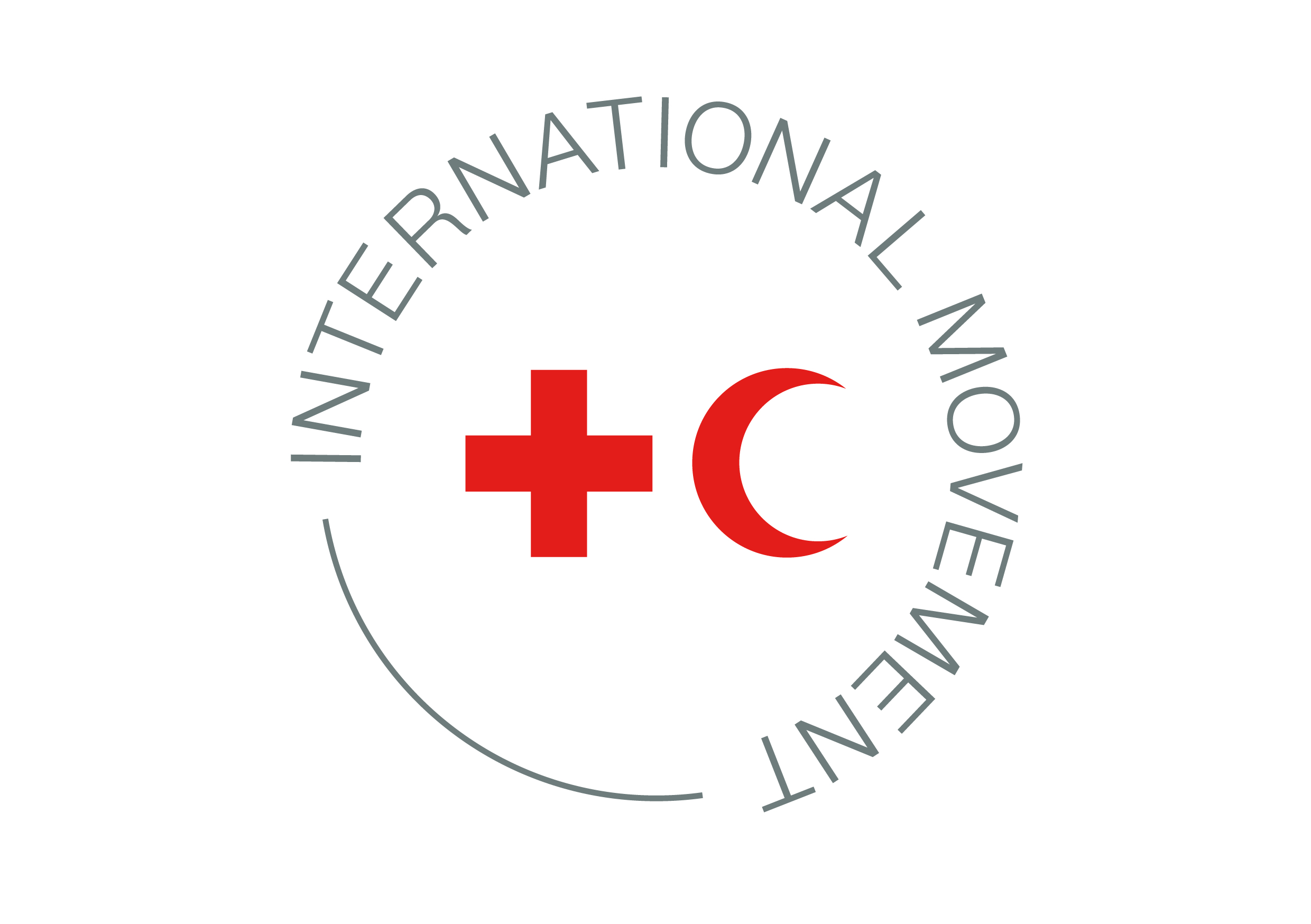Actions taken:
At international level:
In the context of its international operations, GerRC together with its partner National Societies in the respective countries always takes care to ensure that activities implemented respect the do-no-harm approach and aims that activities contribute to a reduction of the incidence of SGBV, whenever possible.
Examples:
In an emergency project in Uganda, GerRC supported the construction of latrines in the refugee camp Bidi Bidi. The difficult and crowded conditions in the camp had led to an increased risk of sexual violence for the camp population, especially for women and children. To reduce risks for women using the camp latrines, specific measures were taken. Sufficient lighting was ensured and the location of the latrines was selected by sanitation committees, in which women made up at least half of the members. Households, like female-headed households that were considered as particularly vulnerable received household latrines. Furthermore, in the camp and the surrounding reception communities public awareness-raising activities and trainings of traditional local authorities and peer educators, as well as community outreach volunteers are carried out.
During the preliminary assessments for a WASH-project in North-Sudan it was found that due to a lack of sanitary facilities, the population practices open defecation. Women – according to cultural practice – are only allowed to go to the open fields at night, which puts them at a heightened security risk and in particular at risk of sexual violence. This was taken into account when determining the selection criteria to determine which households would receive latrines as a priority.
In some contexts, where projects of GerRC and partner National Societies directly assist populations affected by armed conflict specific measures are also taken to provide assistance to victims of SGBV.
Examples:
In a project implemented by GerRC and Colombian Red Cross in areas in Colombia that are affected by conflict and situations of violence, as well as by the Venezuelan migration crisis, mobile health units operated by the project provide health care to the affected population. Sexual and reproductive health activities aim to identify SGBV situations without risking the integrity of those who have already been victim of such an act. Activities include supplying people with the necessary information, for example on possible referrals to other institutions for further assistance. Awareness-raising mechanisms are designed -together with a psychosocial expert- for the prevention and identification of protection mechanisms.
In the context of its work in the Syria crisis, GerRC supported community centers in Turkey (Adana, Istanbul and Izmir) until June 2019, offering psychosocial services including counselling to refugees from Syria and the host population. Many of women and children in this context that use the services of the centers have been affected by SGBV. The centers offer them psychosocial support, including counselling and a referral system to other institutions for further assistance was put in place. As a follow-up to this work, since July 2019 GerRC, together with Turkish Red Crescent Society, is working on the set up of 16 Mental Health Units (MHU) across the country in order to support and extend existing capacities in the field of mental health. It is expected, that many of the people who will reach out to these MHUs, will be affected by SGBV. The MHUs will provide psychiatric care and/or refer to either to individual/group PSS activities or to more intensive levels of care where necessary. The staff in the MHUs will consist of social workers, psychologists and psychiatrists trained in psychological first aid and sensitized on SGBV.
GerRC also contributes to strengthen capacities of partner National Societies and their staff in assisting victims of SGBV and raising awareness.
Example: In a project assisting families affected by conflict in Yemen, volunteers of the Yemen Red Crescent have been trained in providing psychosocial support to victims of SGBV.
At national level:
GerRC has produced and disseminated national regulations on SGBV. It has established a national spokes and contact person which reports on this topic and can provide professional assistance to volunteers and staff, if needed.
In the context of the GerRC response to the refugee situation in Germany, GerRC managed different emergency shelters for refugees. GerRC Headquarters developed technical guidelines for the management and installation of these shelters that included specific measures to prevent incidences of SGBV among the refugee population, such measures included e.g. specific guidance on the design and location of sanitation facilities, the installation of child-friendly spaces and guidelines on housing female-headed households.
A child protection policy was implemented in the reception centers run by the GerRC Headquarters, including a response mechanism for cases of sexual based violence. The GerRC Headquarters supports regional and local branches to develop concepts for the prevention of violence and lobbies for a federal law, obligating all refugee shelters to install such concepts.
The GerRC Headquarters and several regional and local branches participate in projects for the prevention of sexual based violence and the empowerment of women in refugee shelters. With participation of the GerRC minimum standards were developed by a project of the Federal Ministry for Family Affairs, Senior Citizens, Women and Youth (BMFSFJ) and UNICEF (attached in German). To support the implementation of these minimum standards selected staff-members were trained to help accommodation centers to develop a concept for the prevention of violence and regional coordinators were installed as point of contact for accommodation centers.
The GerRC developed a curriculum for staff and volunteers working in refugee shelters including trainings preventing and responding to sexual and gender-based violence. Many regional and local branches provide similar trainings for staff and volunteers. The GerRC organizes meetings and provides an online-platform for the exchange of experiences and good practices.
The GerRC supports centers providing psychological support to, amongst others, refugees and other migrants who have been victims of sexual-based-violence.

